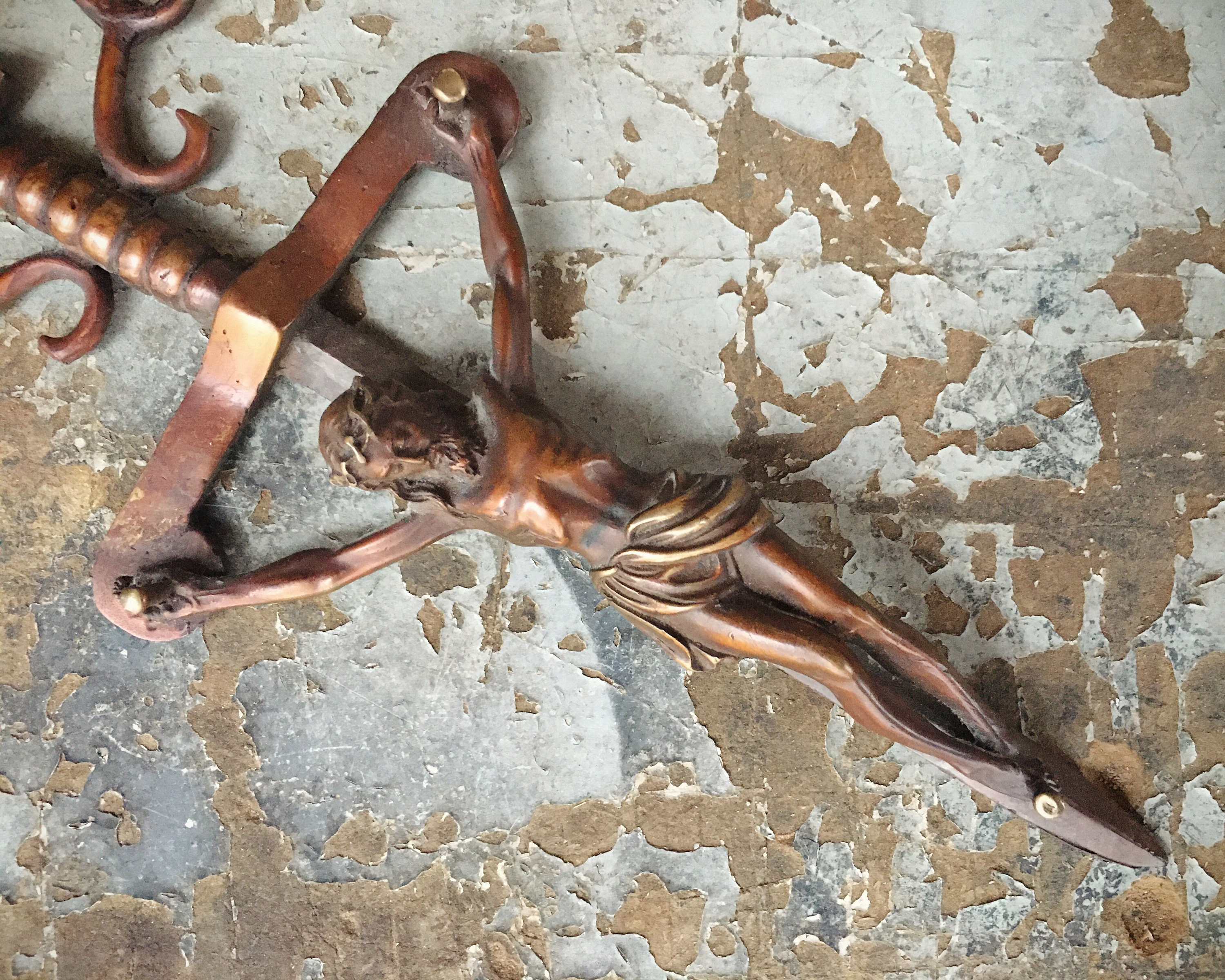

32 Then his master summoned him and said to him, ‘You wicked servant! I forgave you all that debt because you pleaded with me. 31 When his fellow servants saw what had taken place, they were greatly distressed, and they went and reported to their master all that had taken place. 28 But when that same servant went out, he found one of his fellow servants who owed him a hundred denarii, and seizing him, he began to choke him, saying, ‘Pay what you owe.’ 29 So his fellow servant fell down and pleaded with him, ‘Have patience with me, and I will pay you.’ 30 He refused and went and put him in prison until he should pay the debt. 26 So the servant fell on his knees, imploring him, ‘Have patience with me, and I will pay you everything.’ 27 And out of pity for him, the master of that servant released him and forgave him the debt. 25 And since he could not pay, his master ordered him to be sold, with his wife and children and all that he had, and payment to be made. 24 When he began to settle, one was brought to him who owed him ten thousand talents. The parable of the unforgiving servant (Matthew 18:21-35) shows us the importance of forgiveness and the danger of unforgiveness.Ģ1 Then Peter came to him and said, “Lord, how often shall my brother sin against me and I forgive him? Seven times?”Ģ2 Jesus said to him, “I say to you not seven times, but seventy times seven.”Ģ3 “Therefore the kingdom of heaven may be compared to a king who wished to settle accounts with his servants. It is a loss that stays on the books of our lives. If we fail to cancel the debt, we remain bound by the debt. When we fail to forgive someone (even ourselves), we fail to cancel the debt. You can earn trust but you must give forgiveness. One of the elemental properties of forgiveness is that it must be given freely it cannot be earned. Forgiveness is comprised of three elements:

Forgiveness is the act of releasing someone of an obligation (a physical, spiritual or emotional debt.) That debt is often created by a suffered wrong. We are called to walk in forgiveness, releasing those who hurt us and receiving forgiveness for our own failures. Neither unforgiveness toward others nor unforgiveness toward ourselves has any place in the Christian’s life. “I was weak.” Then we struggle to reach for, and to be restored by, our heavenly Father because we have allowed sin and shame to spiritually gray us out and separate us from Love. Maybe we still made bad decisions and followed our flesh after we called Jesus Lord. Maybe we condemn ourselves for things we did before we came to Christ. Sometimes it’s us we can’t forgive it’s ourselves. We nurse wounds, hold grudges, and remove favor. When we’re done wrong by another person, our natural reflex is often to withdraw, to cut off, or to lash back. There are two ways unforgiveness cuts us: unforgiveness toward others and unforgiveness toward ourselves.įorgiveness-both extending it and receiving it-is foundational to our human walk and yet, it can be one of the hardest things for us to do. Suffice it to say, it is often blind anger toward another that proves terminal to the one who wields this knife.

In fact, the cut they receive is always twice as deep and twice as long as the one they give. As the owner lashes out at their loved one, their friend, their coworker, their pastor, their parent, they never miss their mark, but they themselves are always cut in return. When its owner uses this dagger to wound another-and they almost always do-this dagger strikes two. It is always given as a gift and is often passed down, from generation to generation.īut it’s not who has possessed this dagger that makes this weapon unique. This dagger has never been bought nor sold. This dagger has been possessed by many from beggars and thieves, to brothers and sisters, husbands and wives, parents and children, all the way up to the kings and queens of nations. Imagine a dagger of elegant craftsmanship.


 0 kommentar(er)
0 kommentar(er)
